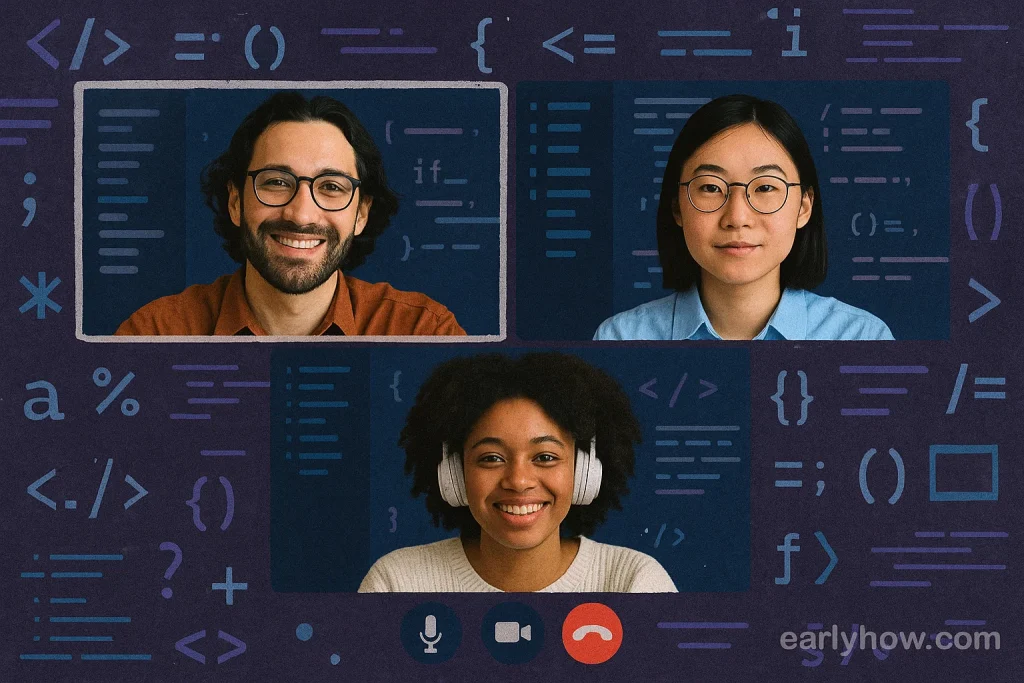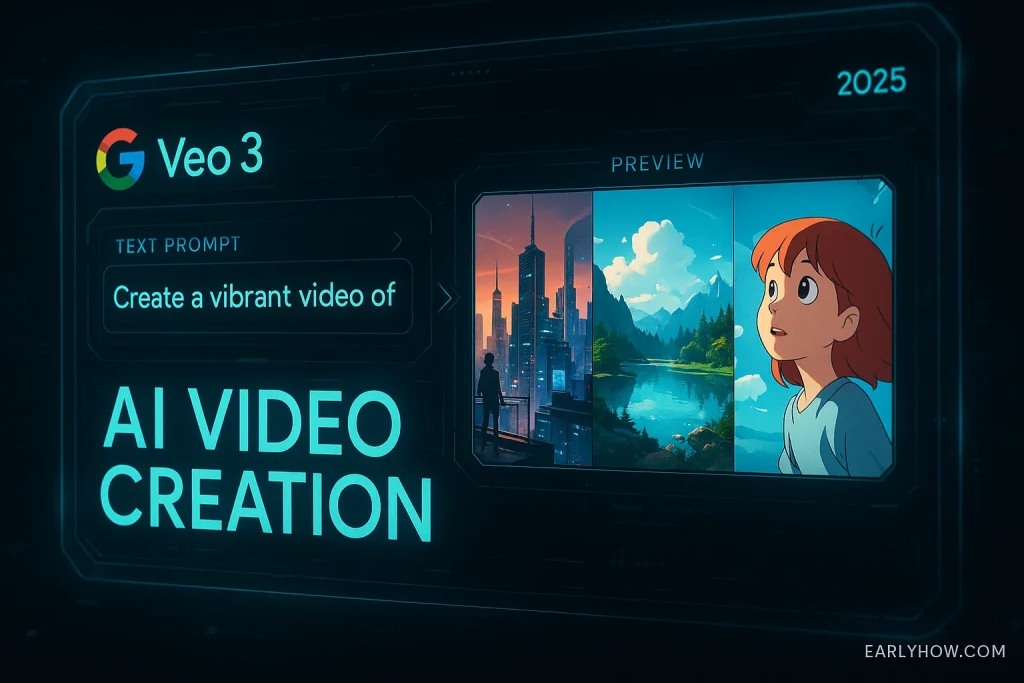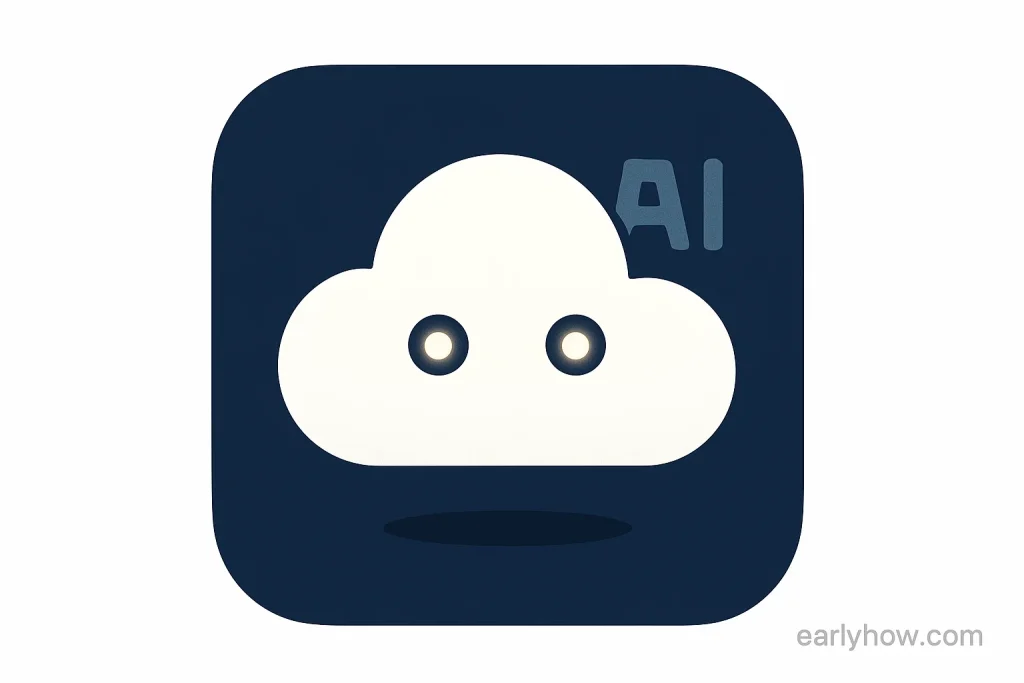When OpenAI put its latest models to the test against the world’s best student programmers, it wasn’t just about winning a contest—it was about measuring real reasoning under pressure.
At the International Collegiate Programming Contest (ICPC) World Finals, OpenAI deployed its experimental model GPT-5 to solve the kinds of problems that challenge top human coders. The results gave new insight into how far large language models (LLMs) have come in logic, abstraction, and step-by-step thinking.
Want to see how other top AI tools compare in problem-solving and coding?
Explore top AI tools → earlyhow.com/tools
OpenAI’s Approach to Real-World Coding Challenges
According to OpenAI Research Lead Ahmed El-Kishky, the team didn’t rely on brute force or pretraining alone. Instead, they developed an approach focused on instruction-based tuning and prompt design that mimicked how a human student might prepare.
Before the competition, the team sent a version of GPT-4 named OpenAI Qwertel to observe past ICPC problems. When the final event arrived in Azerbaijan, El-Kishky says they pushed GPT-5 into deeper waters—testing reasoning depth, code modularity, and the ability to work under tight token constraints.
What’s Different About GPT-5 in This Test
OpenAI used an experimental reasoning model internally labeled GPT-5, which hasn’t been released publicly. Unlike previous versions, it wasn’t just generating code—it was asked to:
- Understand ambiguous problem statements
- Break down multi-step logic
- Choose from multiple algorithms to optimize performance
- Reflect on partial errors and retry more effectively
That last part is key: GPT-5 could reflect and retry, which El-Kishky describes as a sign of more advanced reasoning. In his words, it’s like teaching a model to “think out loud” during a solution—not just produce the right code.
A New Benchmark for AI Programming Skill
Unlike standard benchmarks like HumanEval, which test narrow coding tasks, the ICPC-style contest gives OpenAI a real-world stress test. Problems are often:
- Poorly defined
- Multistep
- Time-bound
- Harder than what most AI models usually face
These challenges expose a model’s true strengths—and where it still falls short.
Interestingly, OpenAI didn’t aim for perfection. “It’s not about getting every problem right,” says El-Kishky. “It’s about understanding how AI fails, and learning from those errors.”
The Future of AI + Programming Competitions
OpenAI believes that contests like ICPC will play a growing role in LLM evaluation. While synthetic benchmarks can test scale or speed, only real competitions reveal how a model performs with:
- Pressure
- Limited context
- Unseen formats
- Human-like judgment
This approach could soon shape how future AI tools—whether coding copilots or autonomous agents—are tested before deployment.
Do you think AI should compete in more human-style contests?
Would you trust a GPT model to tackle coding interviews or hackathons?
Drop your thoughts in the comments—we’d love to hear your take.
For more on AI benchmarks, advanced tools, and how companies like OpenAI train next-gen models, stay tuned to EarlyHow.com.



